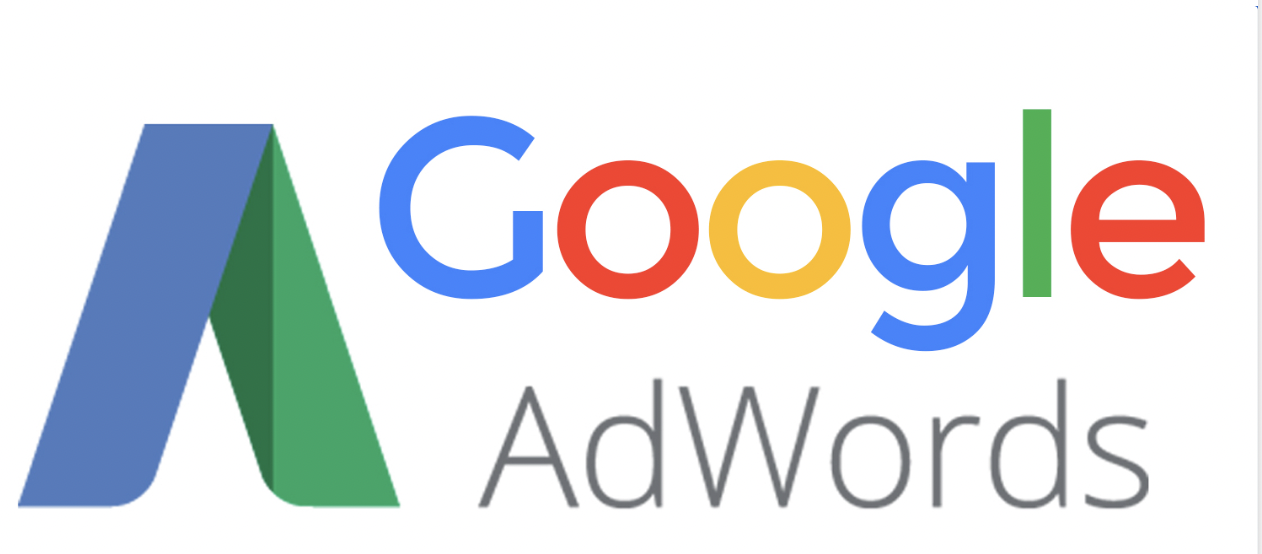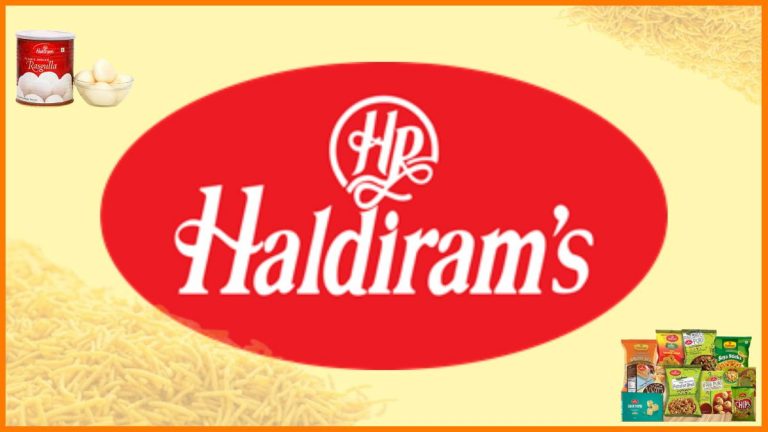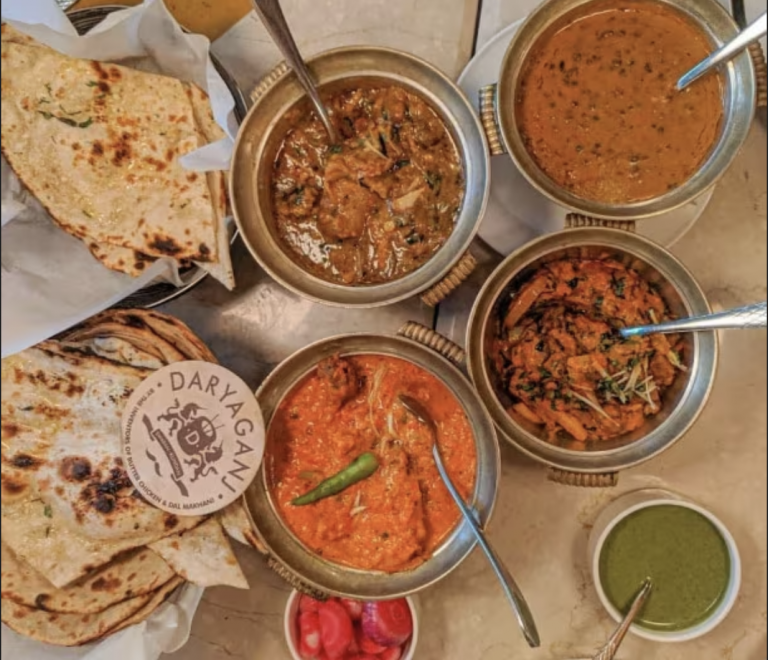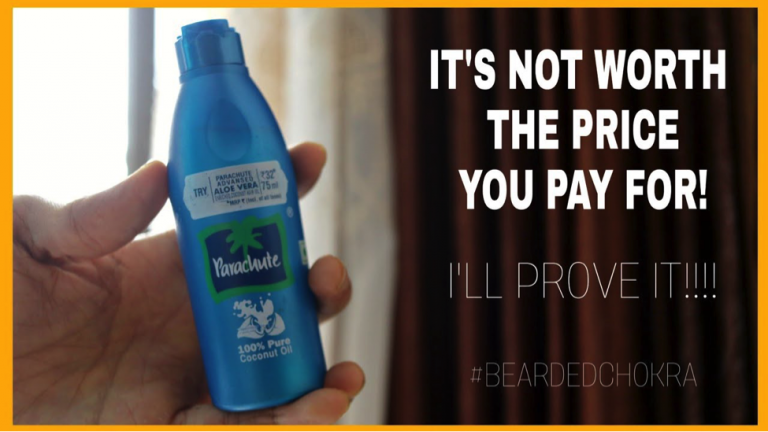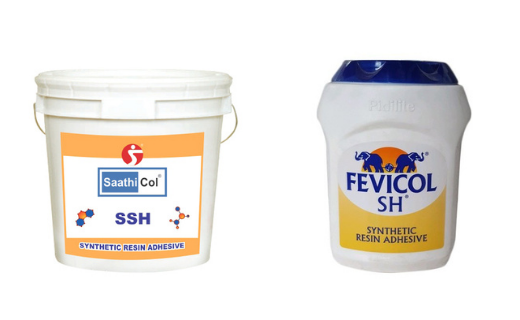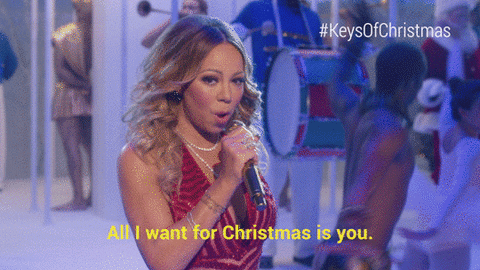Use of trademarks as Google ad words does not constitute Infringement: Delhi High Court
In a landmark decision, the Delhi High Court recently weighed in on the complex interplay between trademarks and digital advertising. Last week’s ruling saw the court assert that the mere utilization of trademarks as keywords in Google Ads does not necessarily constitute infringement under the Trade Marks Act, 1999. This pivotal verdict emerged from a heated legal battle between online travel giants MakeMyTrip (MMT) and Booking.com, shedding light on the evolving landscape of trademark protection in the digital realm.
The crux of the matter lay in MMT’s contention that Booking.com’s use of its trademarks, “Makemytrip” and “MMT,” as keywords in Google Ads amounted to trademark infringement. However, the court’s deliberation emphasized the crucial distinction between mere usage and infringement, underscoring the need for a nuanced understanding of trademark law in the digital advertising sphere.
The court’s rationale centred on the principle of consumer confusion, a cornerstone of trademark infringement cases. Siddhant Chamola, associate partner at Anand and Anand, elucidated, “In the Indian trademark law, the test to determine infringement is to see whether an average consumer is likely to get confused between two entities.” This criterion becomes pivotal in assessing whether the use of trademarks as keywords leads to consumer deception or misrepresentation.
Crucially, the court’s ruling underscores the importance of context in determining trademark infringement. While the judgment does not offer blanket approval for the indiscriminate use of competitors’ trademarks, it emphasizes the need for a case-by-case legal analysis. Shashank Agarwal, advocate at the Delhi High Court, elucidated, “While one may pay Google Ads for any keyword that may also be a trademark of some other company, there will be no infringement as long as there is no confusion or deceit in the usage of the trademark concerned.”
The implications of this ruling extend beyond the immediate parties involved, setting a precedent for future trademark disputes in the digital domain. Sonal Alagh, partner at Alagh & Kapoor Law Offices, noted, “While the Delhi High Court’s ruling provides some clarity on the use of trademarks in digital advertising, it also underscores the need for a careful, case-by-case legal analysis.” As digital advertising continues to evolve, so too will the legal interpretations and applications of trademark law.
The court’s decision serves as a wake-up call for businesses navigating the intricacies of digital advertising and trademark protection. With the digital landscape constantly evolving, legal frameworks must adapt to address the complexities of online commerce. As we usher in a new era of digital innovation, the Delhi High Court’s ruling stands as a beacon of guidance, shaping the future of trademark law in the digital age.
References:
- https://www.business-standard.com/companies/news/google-vs-makemytrip-trademark-case-a-curious-case-of-confusion-123121800582_1.html
- https://www.medianama.com/2023/12/223-trademark-ad-words-infringement-delhi-high-court/
- https://spicyip.com/2024/01/delhi-high-court-checks-in-with-clarity-in-makemytrip-and-booking-com-keyword-dispute.html
Image courtesy: the internet
